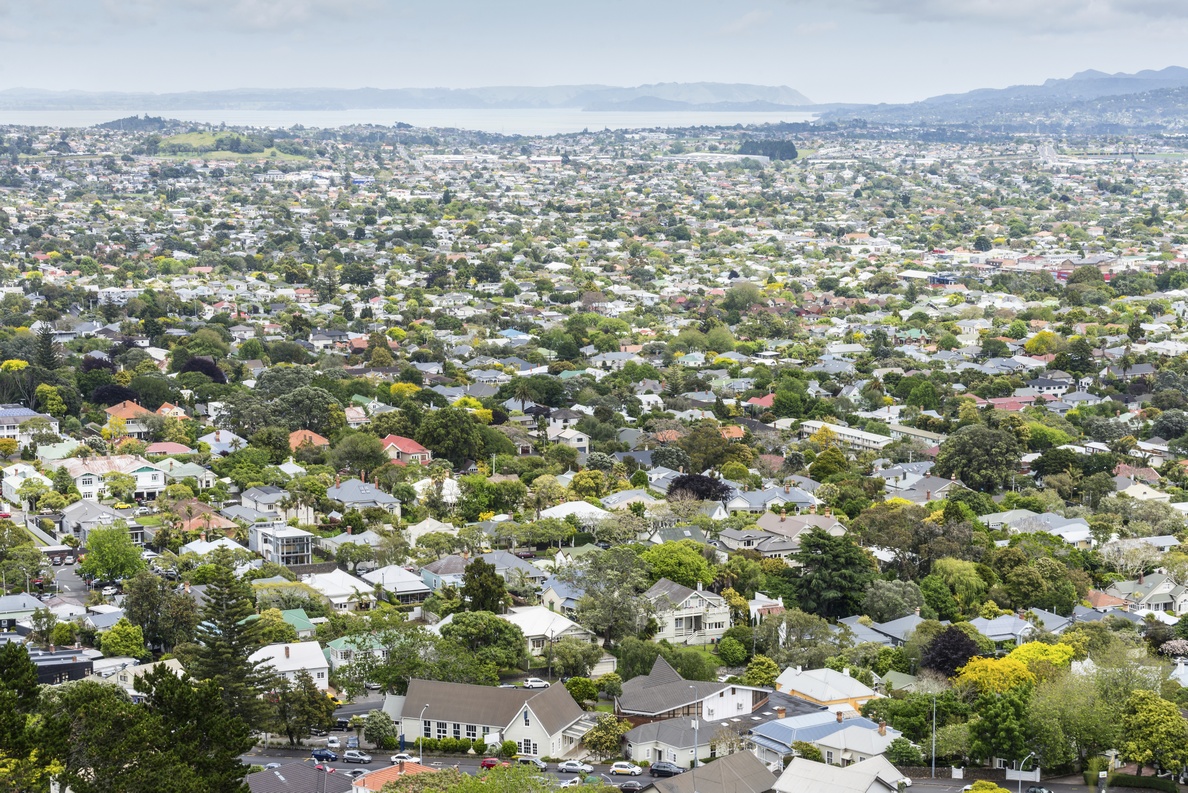House prices: A factual antidote to doomsday ailments
Author:
David NormanSource:
Auckland Council Chief EconomistPublication date:
2019Topics:
HousingHouse prices rise when not enough houses are available to meet resident and non-resident demand, and when low interest rates and income growth allow people to bid up prices.
• Recent price declines in Australia have led some to suggest Auckland will follow. But Australia has over-built relative to its population growth over the last decade, as it over-developed for a foreign investor market that is now weaker.
• Auckland has not, which has implications for the relative outlook for the region’s largest cities.
• With Auckland’s economic outlook, prices will likely remain flattish, with limited macro-prudential risk, and slow gains in affordability.
Auckland’s flat house prices
The Auckland Unitary Plan, aided by tighter exchange controls in China and loan-to-value restrictions on investors in New Zealand, reduced land prices by about 6% in Auckland over the two years to 2018. The Unitary Plan was introduced on 15 November 2016, enabling four times the city’s
previous housing capacity. The impact of this surge in development potential was immediate and irrefutable, although limited. Auckland house prices fell about 4.5% from their peak in October 2016, to their nadir in February 2017, staying flat since then.
In March 2019, the threat of a capital gains tax took Auckland prices down another (small) step. But with capital gains now off the table, we’ve seen a small resurgence in house prices in this city.
Insights. Topical commentary on the Auckland economy.
Auckland Council Chief Economist
